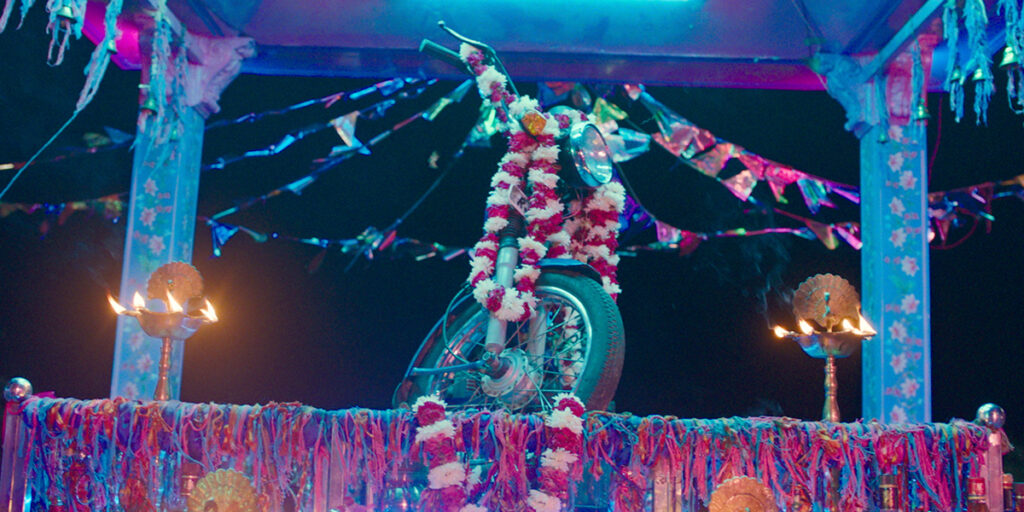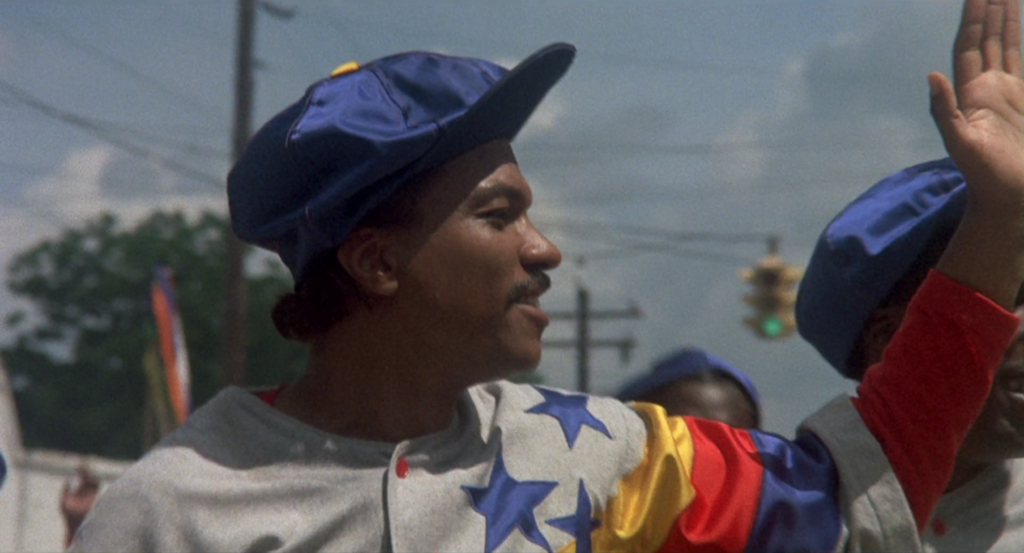TIFF Review: Petite Maman
Written by Ian Thomas Malone, Posted in Blog, Movie Reviews, Pop Culture
The best relief for grief is time, advice that is of no practical use in the immediate wake of the death of a loved one. The responsibilities to take care of the deceased’s affairs tend to awaken long-forgotten memories, bringing with them a blanket of nostalgia that can sting as much as it can soothe. Céline Sciamma stakes Petite Maman in the midst of this painful period, a moving exploration of grief and all its subtleties.
Nelly (Joséphine Sanz) is a young girl just old enough to understand the effect that her grandmother’s death has had on her mother (Nina Meurisse), who can’t bear to remain in her childhood house and all its memories. Left to her own devices, Nelly befriends a local girl Marion (Gabrielle Sanz) while her father (Stéphane Varupenne) packs up the rest of her grandmother’s things. Nelly and Marion quickly bond in the woods, united by a common sense of anxiety. While Nelly is still overcoming her grief, Marion is just days away from an invasive operation bound to make any young child nervous.
While Sciamma’s last film Portrait of a Lady on Fire dazzled audiences with its fiery passion, Petite Maman finds the director honed in on the subtleties of human emotion. The film is a quiet work of beauty, cinematographer Claire Mathon wielding the natural landscape of the woods to enhance the narrative’s meditations. With a runtime of just 70 minutes, Sciamma demonstrates her well-deserved confidence by letting the third act conclude right when it’s ready, not a single superfluous scene in sight.
While the adults both behind the camera and on screen help set the stage, the young Sanz sisters are largely entrusted to carry the narrative. It’s a peculiar casting choice to use siblings in roles where their characters are not related, but the talented young actresses work very well opposite each other. There are points where it’s a little hard to tell the two apart, perhaps deliberate, drawing attention to the kind of warm comfort a stranger can provide in trying times.
Grief is often all-encompassing. Even being aware of the idea that all of those painful moments will pass doesn’t really help them actually pass. You look for things to occupy your time until you’re able to be alone with yourself without feeling like the sadness will reopen all the wounds you’re desperately trying to heal.
Film often sets out to explore ideas that are massive in scope, narratives centered on saving the world or meeting the love of your life. Sciamma sets her sights on a narrower target, those days in the immediate aftermath of your whole orbit experiencing a cataclysmic change. A child doesn’t need to understand the depths of grief to reap the benefits of a friendly face when surrounded by nothing but sadness. Petite Maman is a moving reflection on the power of simple human connection in the wake of tragedy.














